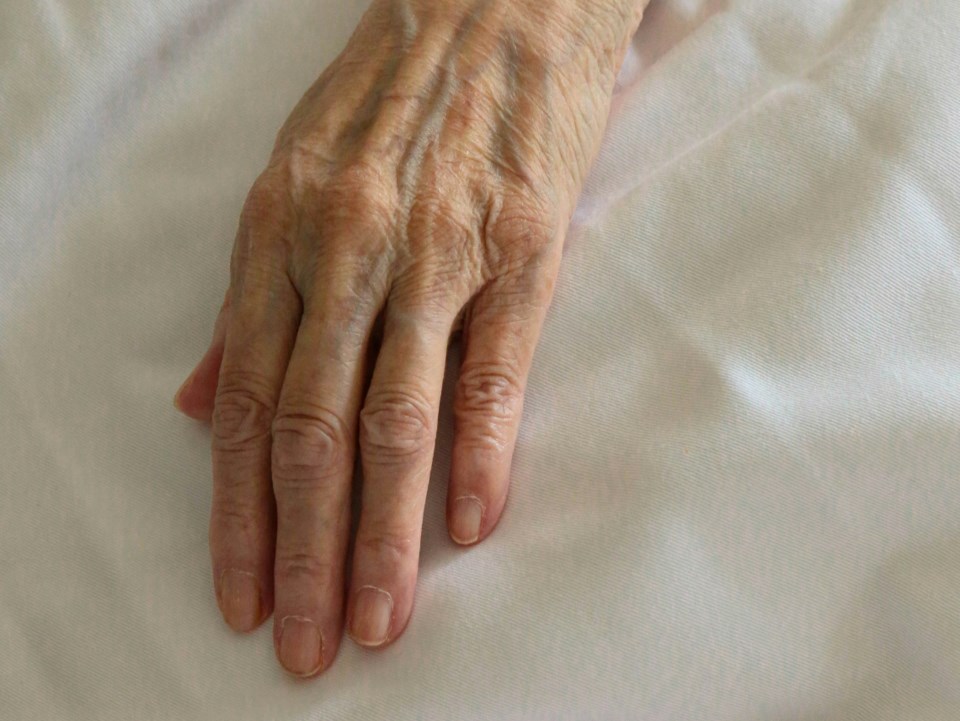The Vancouver Canucks famously used sleep tracking technology almost a decade ago to try to improve hockey players’ performance on the ice.
Now, it’s being installed at the Nicola Lodge long-term care home in Port Coquitlam, as well as two other facilities in the Fraser Health Region, to help reduce residents’ chances of falling.
According to the Canadian Geriatrics Journal, about half the residents living in long-term care fall each year, often at night when they’re having trouble sleeping.
The sleep monitoring devices are installed under the foot or wheel of residents’ beds and record their vital signs and different stages of sleep to create sleep scores for each individual.
The scores can then be used by caregivers to determine residents’ sleep patterns and see where adjustments to medications, lighting, ambient noise or daily routines might help them have a more restful night.
As well, the devices alert staff when a resident gets out of bed.
“The alarms can also be individualized,” said Kirsten Rossiter, Fraser Health’s regional practice lead for research and knowledge translation in long-term care.
“For a low-risk resident that might mean it goes off after 10 or 15 minutes after they’ve been out of bed.”
The initiative is in partnership with the Coordinated Accessible National Health Network and B.C.-based Tochtech Technologies that developed the Sleepsense fall prevention and health emergency alert monitor.
According to the company, the devices also improve residents’ overall quality of life as more restful sleep gives them more energy to pursue activities through the day and heightens their cognition.
“The majority of seniors do not sleep well during the night and this negatively impacts their cognition, mood and behaviour the next day,” said a statement on its website.
A study completed last summer by researchers at UBC said poor sleep quality “can exacerbate existing health conditions and contribute to a decline in immune function, making older adults more susceptible to infections and illness."
The researchers, whose findings were published by the Switzerland-based Multidisciplinary Digital Publishing Institute, installed the devices in the geriatric care unit of a hospital. They said the technology can be a useful tool to understand sleep patters and issues when combined with clinical observations and patients’ own perceptions.
📣 Got an opinion on this story or any others in the Tri-Cities? Send us a letter or email your thoughts or story tips to [email protected].
📲 Want to stay updated on Coquitlam, Port Coquitlam, Port Moody, Anmore and Belcarra news? Sign up for our free daily newsletter.
💬 Words missing in an article? Your adblocker might be preventing hyperlinked text from appearing.



